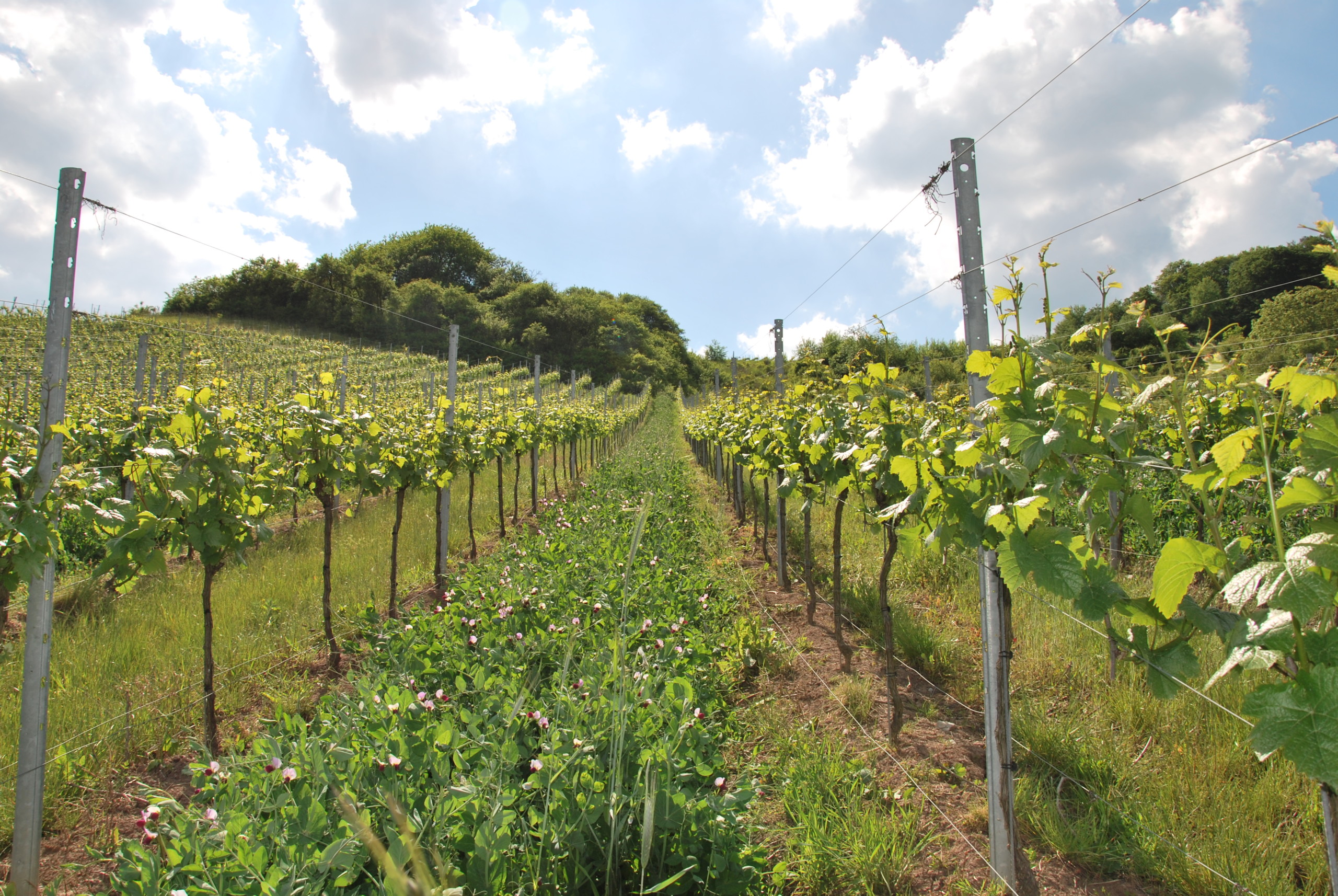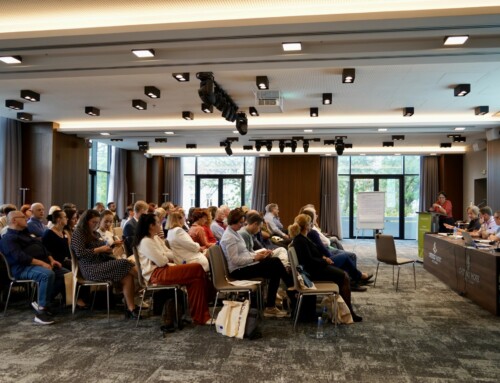Organic materials (such as grape marc, green waste, straw, biomass) is transformed into a regional, high-quality fertiliser by optimizing the composting process. High quality compost can help to minimize the need for mineral nitrogen and phosphate fertilizers and pesticides. The use of the composting process in agriculture and the use of compost products are one way to increase sustainability and counteract climate change. Demonstration windrows and plots are used for composting courses and workshops.
Closing local material cycles can help to optimise the efficient use of materials in the region. But composting is time-consuming and includes investments. It is a challenge to find a way to make the composting process efficient. The key point to face this challenge is the cooperation between winegrowers, service providers and advisory services. Administrative barriers interfere on farm composting. The farmers and winegrowers need support and guidelines to deal with it. The involvement of all partners in the process (winegrowers, farmers, cooperatives, contractors, ministries, surrounding municipalities) helped to find ways to implement composting. Demonstrating in practice how a quality orientated composting process works to close the knowledge gaps.
During three years of working with all the stakeholders we find solutions and solved practical problems. Now local winegrowers can become partner of the project and get their own compost, can take part at our workshops or implement composting in their own work with the help of our advisors.
To put composting in the spot light is in any case worth the work and attention. Together we can take challenges and make regions more independent and resilient. Watch out for our blog and our youtube video about the project.


